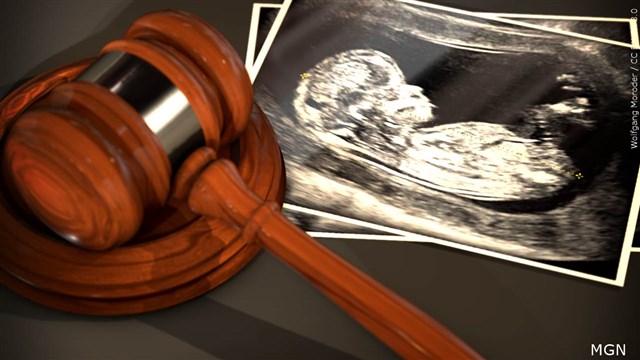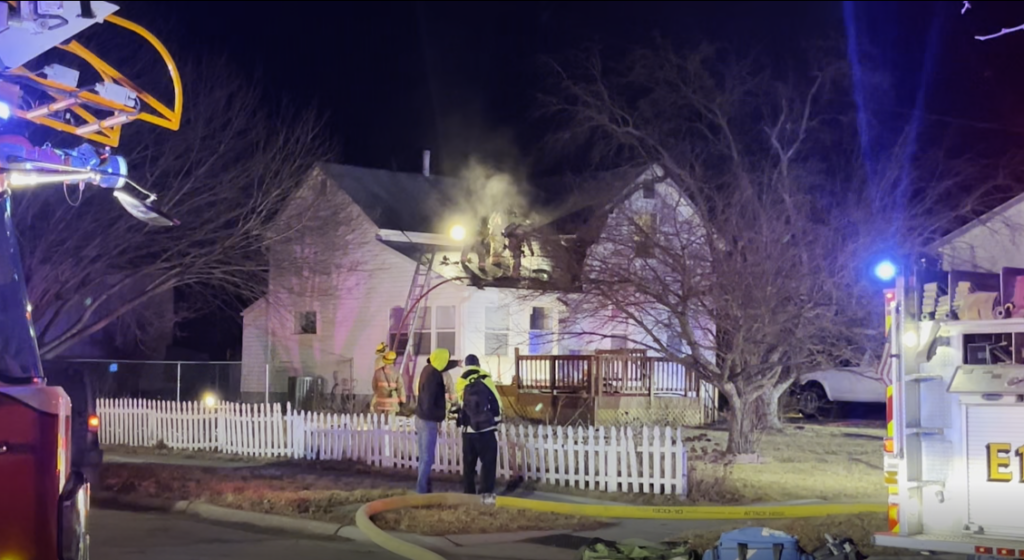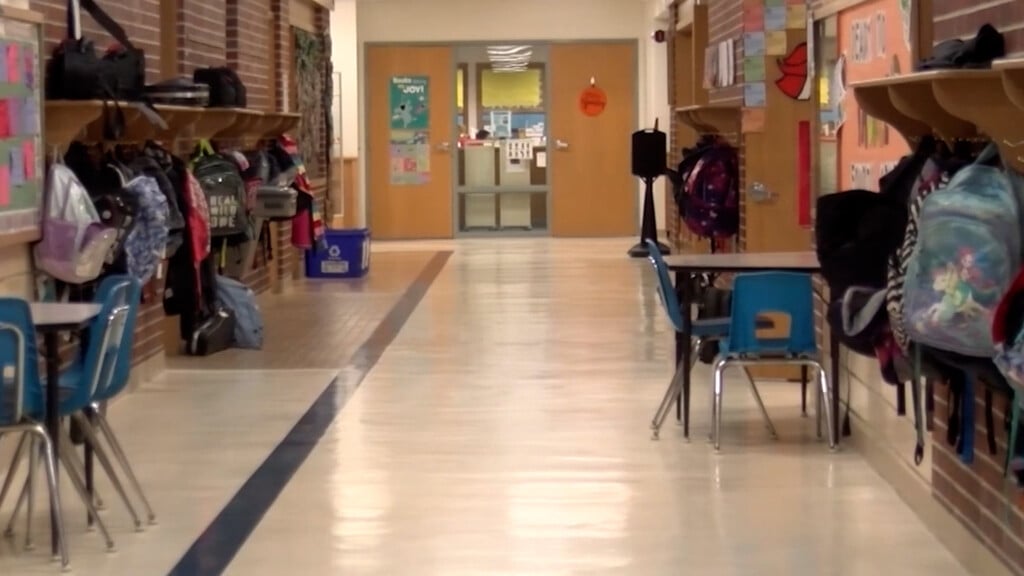Nebraska one of many states excluding mental health crises from abortion exemptions

LINCOLN, Neb. (KLKN) – Nebraska is one of many states with a clause in its abortion ban that mental health advocates say is cruel.
While there are exemptions for life-threatening emergencies, psychiatric crises don’t count.
An Arizona mother of three who became suicidal during her fourth pregnancy said an abortion saved her life.
Another woman, Kara Zivin, said she nearly died from a suicide attempt during pregnancy.
Zivin is a professor of psychiatry and obstetrics and gynecology at the University of Michigan.
She ended up giving birth to a healthy baby, but she sympathizes with women facing psychiatric emergencies who believe their only option is to abort.
At least eight states, including Nebraska, currently allow exemptions for life-threatening physical health conditions. The mother’s mental health is not included.
Some exemptions are murkily written, and others are explicit.
Laws in Nebraska, Georgia and West Virginia specify that medical emergencies don’t include suicide threats.
In Nebraska, exceptions to the 20-week abortion ban are the following:
- The mother has a medical condition that is so severe, abortion would be necessary to save her life or prevent irreversible physical impairment to her bodily function
- If removing the fetus is necessary to preserve its life
“People often try to treat mental health as distinct from physical health, as if your brain is somehow removed from the rest of your body,” Zivin said.
Some say the laws are intended to keep women from faking mental illness to get doctors to approve their abortions.
Patricia, 31, of Phoenix spoke to the Associated Press on the condition that only her first name be used, citing safety concerns and privacy.
She said a wave of severe depression hit her in the summer of 2018 and broke “not only my mind, but my heart and soul.”
Panic and suicidal thoughts “bombarded her,” she said, and she was unable to eat, sleep or properly care for her three young daughters.
A few weeks later, she learned that she was pregnant again and knew she would be unable to mother another child.
At the time, her abortion was legal in Arizona. Recently, the state made moves to enact a near-total ban, which has since been put on hold.
U.S. studies say postpartum depression affects 1 in 8 women, but evidence suggests that depression during pregnancy may be even more common.
Mental health conditions, including suicide and substance use, became the leading underlying cause of pregnancy-related deaths in 2017-19, the Centers for Disease Control and Prevention said in a September report. It was ahead of bleeding, heart conditions and infections.
Zivin co-authored a study published last year that found that suicidal thoughts and behavior among pregnant women were rising.
Zivin never considered ending her pregnancy 10 years ago, but she said she understands why women who become suicidal would feel that abortion is their only option.
She calls the limited exemption laws “unfortunate” and said politicians who wrote them “don’t appreciate or understand the burden of mental illness.”



